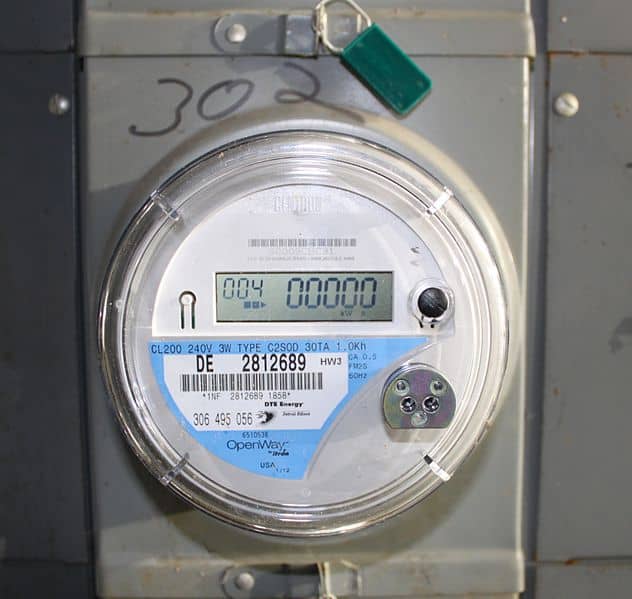Survey shows impact of Working From Home (WFH) on energy use habits

A new survey by Smart Energy GB has examined how lockdown affected British behaviours. The results suggest the working from home directives resulted in widespread tweaks to our energy consumption.
Of those surveyed, 70% say the pandemic has impacted the way they work and live, with two thirds (66%) agreeing that flexible working as a result of the pandemic has led to a better work/life balance.
READ MORE: Keeping the creative spark alive: 5 tips when working from home
The survey found seven in ten (69%) would like to use energy in a more flexible way. Cost benefits are the main driver for flexible energy use. Three quarters (74%) of respondents said they would be willing to change when they do their chores to save energy and money. More than half (53%) say they would be happy to change the time they wash their clothes; a quarter (25%) are happy to change the time at which they shower and 40% are willing to charge their devices at a different time of day.
Three quarters (76%) of respondents say they are willing to share more frequent energy readings with their supplier, if it results in their energy being cheaper.
The Smart Energy GB survey, also found that a large majority of Brits are keen to take a more environmentally-friendly approach to energy use, with 82% of us expressing a preference for renewably sourced energy.
The good news for consumers is that cheaper, greener and more flexible energy use, enabled by smart meters, is on the horizon, as Great Britain transitions to a smarter, flexible energy system. Suppliers will increasingly be able to offer customers the option of smart “time of use” tariffs that encourage more flexible use of energy, financially rewarding customers who use energy when demand is low, or when excess energy is available. Even those customers who do not choose these tariffs will benefit as the tariffs help flatten peaks in demand, spread energy use throughout the day and enable provision of cheaper, cleaner, renewable energy sources.
READ MORE: Two in five people prefer to work from home
The increasing use of half-hourly meter readings will give suppliers a more accurate picture of consumption. With energy providers being better informed they will only buy what they need to supply customers’ homes, so consumers stand to make significant savings. Suppliers buying an accurate amount of energy to meet demand, reduces waste and promotes cost savings.
Half-hourly readings are already an option for smart meter owners and are expected to be adopted by an increasing number of people. As well as delivering cost savings for consumers, half-hourly readings will increase the use of more domestically-generated renewable energy if customers' new energy use patterns, where off-peak energy is utilised, enables the grid to do so. This could mean Great Britain will be more energy self-sufficient and less reliant on imported fossil fuels, helping protect our energy supply from price volatility in the global energy market.
The survey results also show people adapting to, and benefiting from flexibility in other areas of their lives. One in two Brits say they usually watch TV on-demand rather than live (34V); nine in ten (90%) now shop online, and nearly six in ten (57%) use mobile banking apps as their usual method of banking. Two in ten (20%) do online banking in the evening, with nearly half (46%) choosing to do their online shopping at this time.
Victoria Bacon, Director, Smart Energy GB, said: “It’s clear that people are embracing flexibility in so many parts of their lives, and they’re keen to understand and enjoy the benefits of more flexible energy use too. Frequent readings from smart meters are at the heart of a more flexible energy system, providing the information needed to generate the right amount of power at the right time, reducing costly waste in the system, helping flatten peaks in demand and benefiting everyone.”











